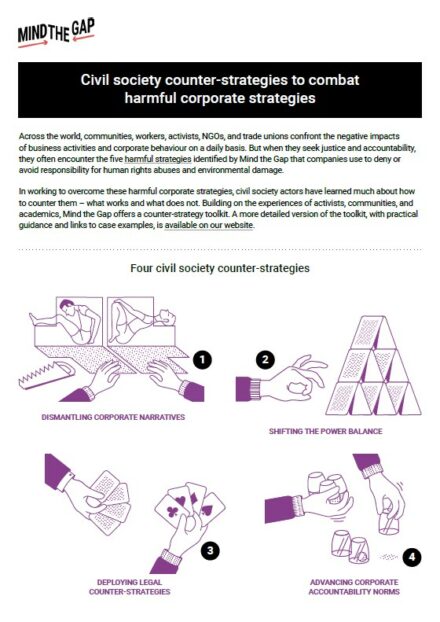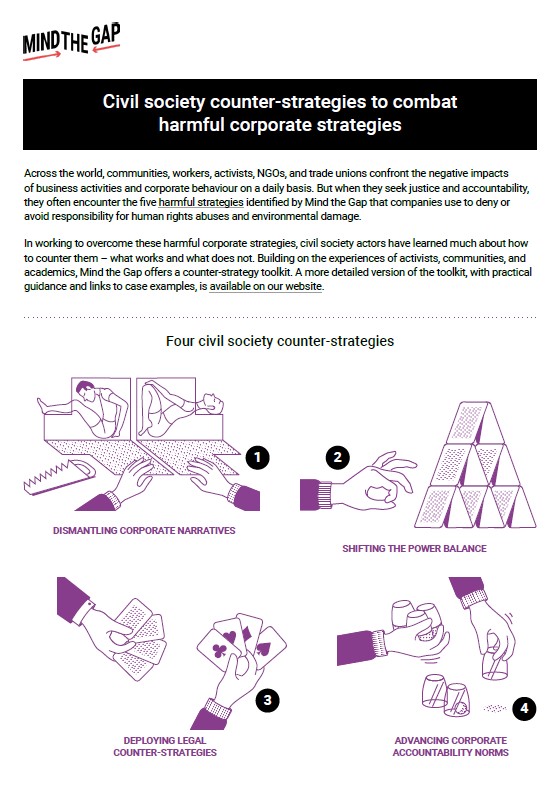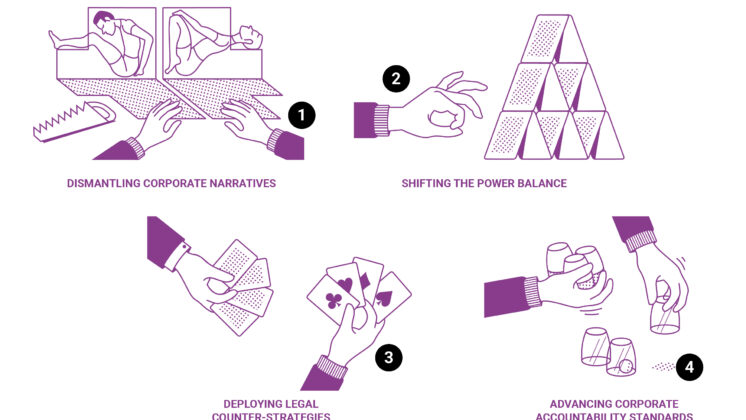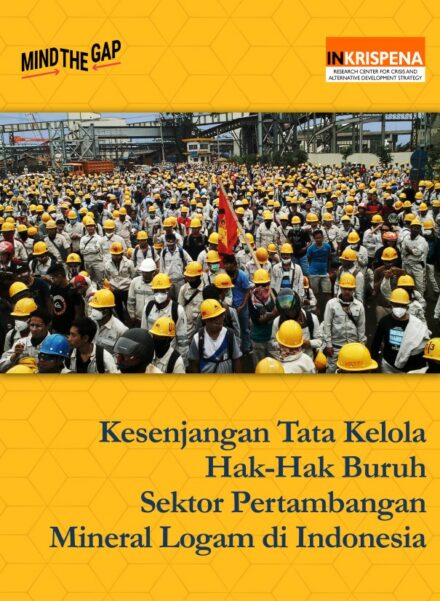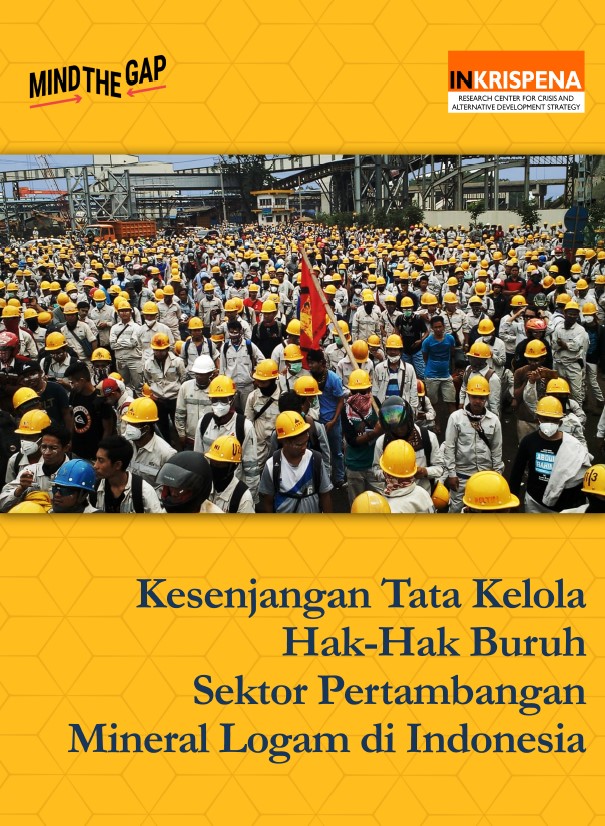Corporations generally have the reputation of exploiting every legal provision on the books in order to delay and complicate proceedings brought against them. This litigation strategy may press the courts to spend a large portion of time on legal technicalities that do not address the merits of the case, namely: whether the actual corporate act or omission led to the harm of the victims; and what the responsibility of the corporation is in law. Litigation counter-claims by corporate lawyers attacking the victims and their lawyers also fall into this category.
CASE STUDY: Dole Foods’ strategy to discredit Nicaraguan plantation workers
No remedy for victims
In many instances, victims’ cases are dismissed on procedural grounds or for reasons not related to the actual questions concerning whether the behaviour of the corporation led to the harm suffered by the victims. Moreover, corporations are often equipped with robust legal teams that can withstand these long, expensive cases, where the plaintiffs – the adversely impacted communities, workers or human rights defenders – easily run out of money or experience legal fatigue. As a result, defendant companies often escape accountability, while victims are left without meaningful remedy.





